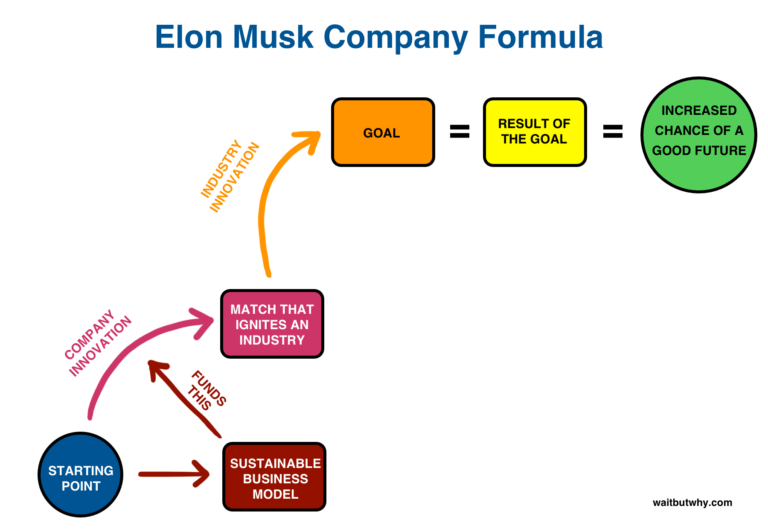In so many ways, The Machine is really about economics. How do we distribute wealth in our society? Who should own the productive machinery in our world? How should we distribute its output? Who has ultimate authority over what happens? Should anyone?
There are so many people who have weighed in on this. I’d love for this thread to be a starting point to discuss core economic theory. In many ways my work is an attempt to synthesize the best of every economic theory in to one I hope has maximum appeal and validity. I’d love your help!
First off, I recommend the three part series Masters of Money, which is a basic overview of three major schools of thought on modern industrial economics, covering John Maynard Keynes, Friedrich Hayek, and Karl Marx.
Keynes:
Hayek:
Marx:
Personally I am a big fan of Marx’s insights, but I can’t argue with the idea of freedom of exchange. I feel like then a synthesis of for example Marx and Hayek involves voluntarily sharing ownership in the productive capacity of society. That’s a major reason why I feel like The Machine should be open source.
I’ve found other interesting thinkers.
Juliete Schor presents some interesting ideas about inequality in the following video.
Some people have suggested something like State Socialism - that is socialism supported by a powerful nation state, but I dislike that idea because it requires giving enormous control over the productive capacity of our society to a few self-interested individuals. Gar Alperovitz talks about his 40 year career looking for alternatives to state controlled wealth redistribution in this excellent video.
I am also a big fan of Richard Wolff, especially his book Democracy at Work, which is a book about worker owned businesses and their advantages as compared to traditional socialism. Richard Wolff produces a lecture every month on the state of capitalism as well as a weekly radio address on economics. I dislike that he will at times make seemingly very biased statements without much qualification, but I do believe there is deep insight in to his general theories. He has so many videos I’m unsure where to start, but for example this lecture looks like it would be good.
Branching into political theory, I also want to share some information about anarchism, which, contrary to many popular memes, is a well developed political theory with intentional structures and a rich history. In particular Noam Chomsky has said that anarchism, especially augmented by machines, may be the most just form of political organization.
